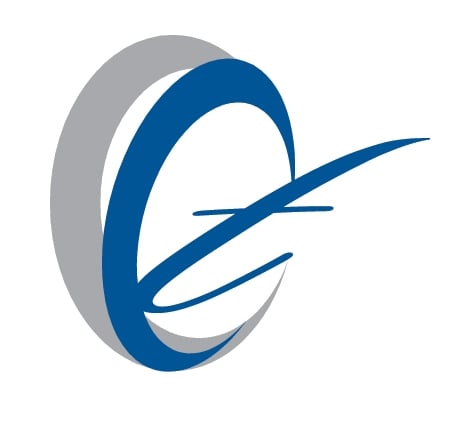Via: EPA
Kansas City - The EPA Clean Water Rule Finalized The rule ensures that waters protected under the Clean Water Act are more precisely defined and predictably determined, making permitting less costly, easier, and faster for businesses and industry.
The rule is grounded in law and the latest science, and is shaped by public input. The rule does not create any new permitting requirements for agriculture and maintains all previous exemptions and exclusions“For the water in the rivers and lakes in our communities that flow to our drinking water to be clean, the streams and wetlands that feed them need to be clean too,” said EPA Administrator Gina McCarthy. “Protecting our water sources is a critical component of adapting to climate change impacts like drought, sea level rise, stronger storms, and warmer temperatures – which is why EPA and the Army have finalized the Clean Water Rule to protect these important waters, so we can strengthen our economy and provide certainty to American businesses.”
“Today's rule marks the beginning of a new era in the history of the Clean Water Act,” said Assistant Secretary for the Army (Civil Works) Jo-Ellen Darcy. “This is a generational rule and completes another chapter in history of the Clean Water Act. This rule responds to the public's demand for greater clarity, consistency, and predictability when making jurisdictional determinations. The result will be better public service nationwide."
A Clean Water Act permit is only needed if a water is going to be polluted or destroyed. The Clean Water Rule only protects the types of waters that have historically been covered under the Clean Water Act. It does not regulate most ditches and does not regulate groundwater, shallow subsurface flows, or tile drains. It does not make changes to current policies on irrigation or water transfers or apply to erosion in a field. The Clean Water Rule addresses the pollution and destruction of waterways – not land use or private property rights.
OCCU-TEC provides Storm Water Polution Prevention Plans (SWPPP); National Pollutant Discharge Elimination System (NPDES) and other compliance services in Kansas City and Nationwide...
Learn about SWPPPs, NPDES, Clean Water Act, EPA compliance, and other related subjects by contacting us at 816-994-3425.

 OCCU-TEC, Inc.
OCCU-TEC, Inc.
